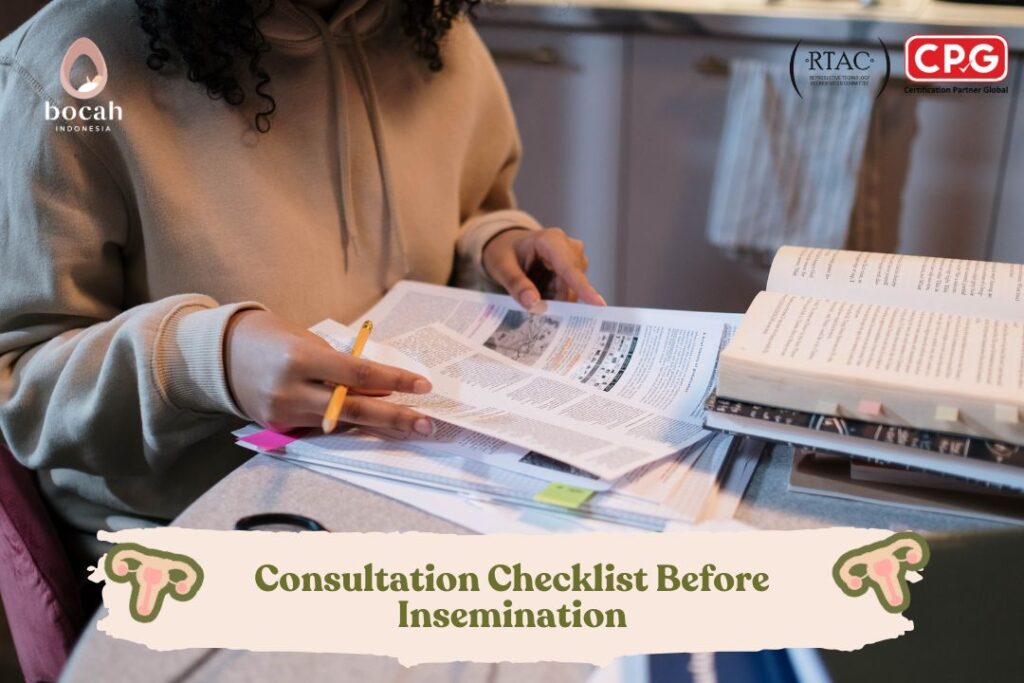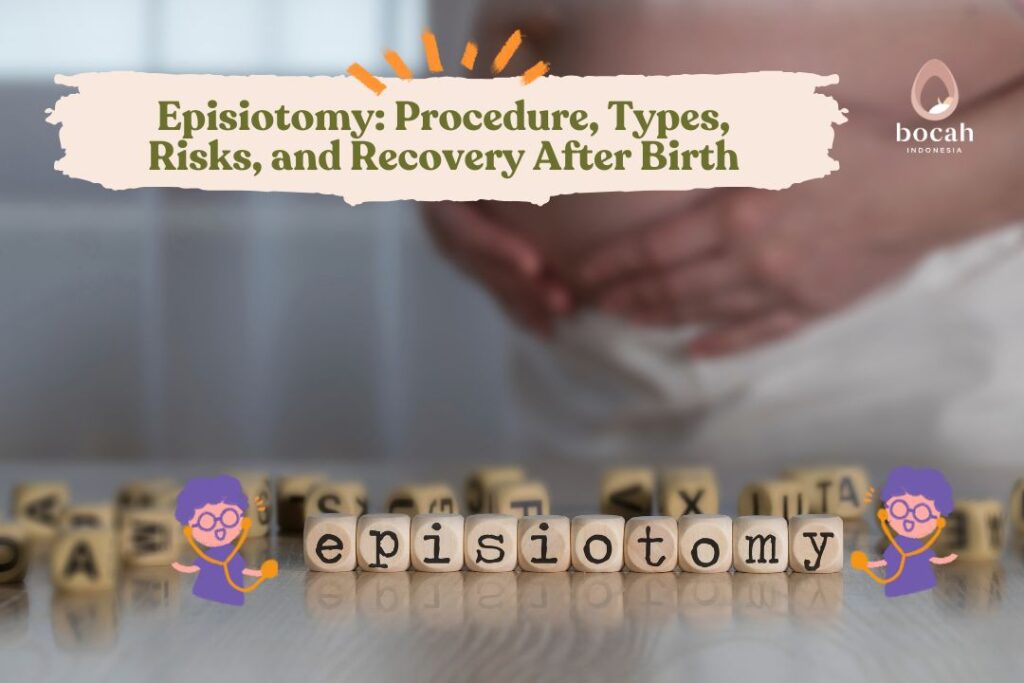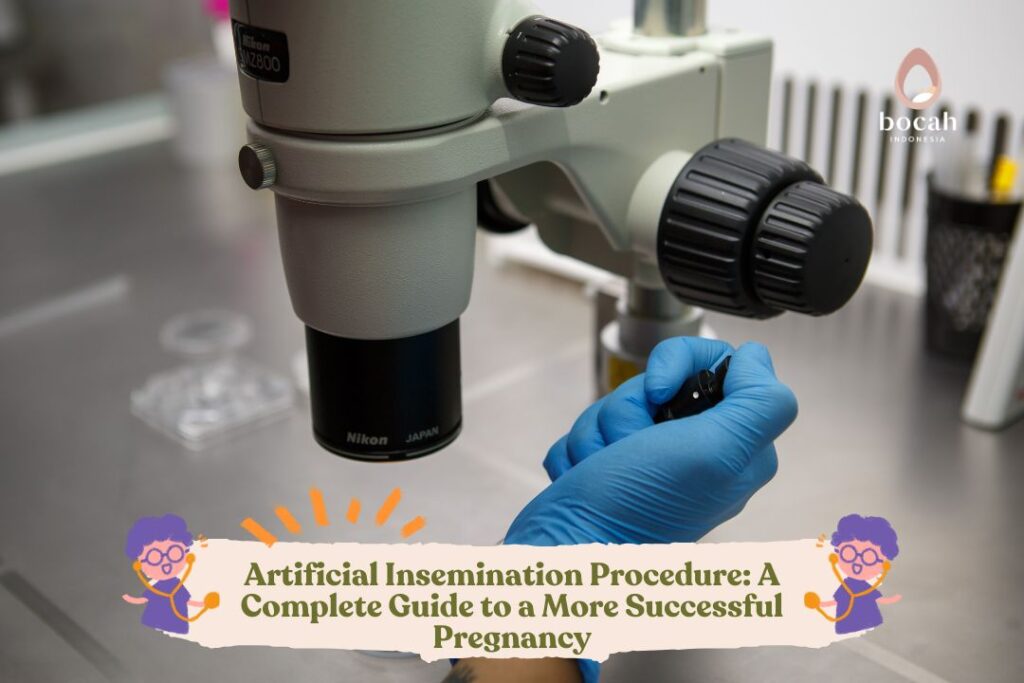-
 IVF has become mainstream and widely accepted since the first procedure was performed in 1978 and continues to grow due to significant technological advances
IVF has become mainstream and widely accepted since the first procedure was performed in 1978 and continues to grow due to significant technological advances
IVF Program
In-Vitro Fertilization
The procedure involves combining an egg with sperms in a laboratory dish containing a culture solution that provides nutrients to support the fertilization and development of the embryos. The fertilization process is monitored microscopically over a 3 to 5-day period. Then, our team of embryologists will carefully examine the quality of the embryos to determine which ones are selected for embryo transfer and cryopreservation

Indications For IVF

Conditions in which the sperm cannot be corrected with either medication or surgery
Uncorrectable fallopian tube blockage
Conditions where women does not get pregnant after 3-4 times IntraUterine Insemination (IUI) procedure.
6 months after the correction of the fallopian tube, women failed to get pregnant
Endometriosis is a condition where the tissue that lines the uterus (endometrium) grows outside the uterus. This tissue can build up, causing blocked fallopian tubes, which can lead to fertility problems.
Defined as the absence of causes identified after questioning by the doctor (whether or not regular cycles are evidence of ovulation problems) and after the first-line complementary tests carried out on couples consulting for infertility.
Unexplained miscarriages occurs repeatedly.
Using Preimplantation genetic testing to identify genetic abnormalities in embryos created with in vitro fertilization (IVF). The goal of PGT is to allow your physician to select embryos predicted to be free of a specific genetic condition or chromosome abnormalities for transfer.

What Should you Prepare?
Before undergoing IVF procedure, you’ll need to do some preparation to prepare your body for pregnancy
Initial Check Up
Female: USG, HSG, and Hysteroscopy
Male: Sperm Analysis
Mental Preparation
before undergoing IVF Procedure.

Does IVF Procedure Always Work?
The age of the egg cell depends women’s age and is a factor of quality and quantity.
IVF Success Rate by Age

Bocah Indonesia Fertility Center
IVF Success Rate
Bocah Indonesia Fertility Center has performed IVF procedures on 350 patients, of whom 101 babies have been born through this procedure. The success rate of IVF in Bocah Indonesia reached 31.71%.

Procedures Supporting The Success of IVF

Laser Assisted Hatching

Intracytoplasmic Sperm Injection

Intracytoplasmic Morphologically Selected Sperm Injection
Schedule an Appointment
If you have been trying to conceive for twelve months or more without success (or six months if mom’s age is over 35) we recommend a fertility assessment with our fertility specialists.
To make an appointment please call us at (021) 50200800
or fill this Appointment Form

Frequently Asked Question
Strive to undergo IVF program after optimal weight loss.
If you take part in the IVF program with an overweight or Body Mass Index (BMI) above 23, the dose of stimulant drugs used will be larger and more numerous.
News & Article
Consultation Checklist Before Insemination
Written by Team Content Medis Bocah Indonesia Undergoing an insemination consultation is essential to understand the procedure, benefits, and risks of this treatment. Find out…
Selengkapnya
Episiotomy: Procedure, Types, Risks, and Recovery After Birth
Written by Team Content Medis Bocah Indonesia Lateral episiotomy is one of the episiotomy techniques designed to help the baby’s delivery and prevent irregular vaginal…
Selengkapnya
Artificial Insemination Procedure: A Complete Guide to a More Successful Pregnancy
Written by Team Content Medis Bocah Indonesia| Reviewed by dr. Chitra Hetti Fatimah Artificial insemination is a medical method that helps couples facing difficulty getting…
Selengkapnya





